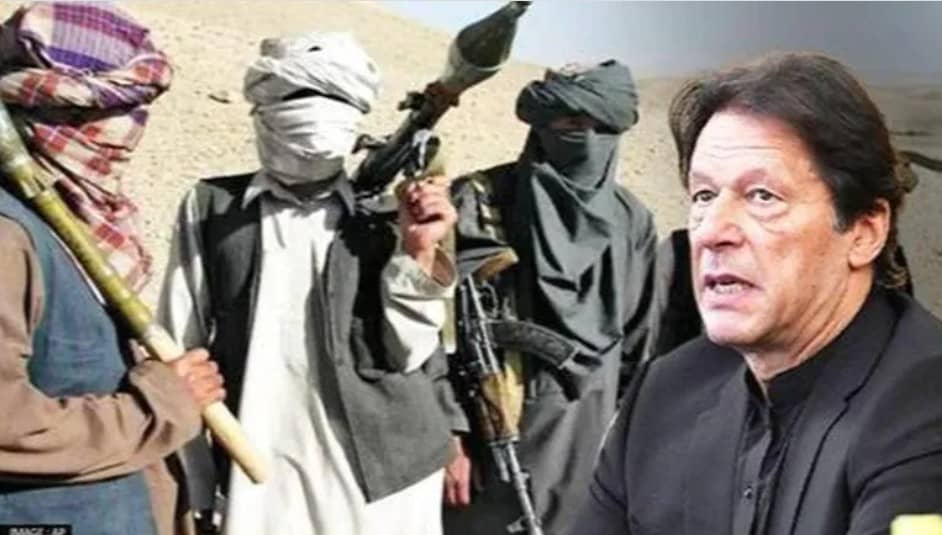Terrorists backed by the Pakistani state are coming back to haunt the country, as well as the Financial Action Task Force (FATF) action, a report by a Toronto-based think-tank found.
According to International Forum for Rights and Security (IFFRAS), Islamic militant groups in Pakistan are stronger then ever and independent of their political and military patrons. Many of them have now turned against the State and some,
The think tank said that state-backed groups like Lashkar-e-Taiba (LeT) could join their other Islamist counterparts in becoming increasingly independent of Islamabad.
Citing The South Asian Terror Portal, the think tank found that there is a staggering 45 Islamist groups operating in Pakistan.
The Congressional Research Service (CRS) of the United States reported last October that scores of terror groups reside in Pakistan, adding that, the country is home to at least 12 groups designated as "foreign terrorist organisations."
The CRS report further said that Pakistan has “continued to serve as a safe haven for certain regionally-focused terrorist groups,” and has “allowed groups targeting Afghanistan … as well as groups targeting India …to operate from its territory” citing US State Department’s Country Reports on Terrorism 2019.
“Pakistan’s strategy toward militant groups has long been two-pronged, as it were: to take overt (and successful) action against groups targeting the Pakistani state and citizenry, like the Tehreek-e-Taliban Pakistan (TTP), without taking action against the groups it has considered ‘strategic assets,’ including the Afghan Taliban that sought sanctuary on its soil and anti-India militants that its intelligence agencies have covertly supported,” a Brookings report said last year.
The report noted that the Pakistani government and the military establishment both maintained relations with the Taliban because it hoped to influence politics in Afghanistan after the US withdrawal.
“The FATF listing has induced Pakistan to take its strictest action to date on militant groups, especially LeT. It also helps that Pakistan is keen to shed an image associated with terrorism. Yet the long-term sustainability of actions Pakistan has taken in response to pressure from FATF remains to be seen,” the Brookings report said.
The central issue is not one of state capacity, but an unwillingness of the Pakistani state to paint all jihadist groups with the same brush and to recognise the linkages in ideology that connect them all — and also to acknowledge how those ideologies find fodder in Pakistan’s laws, educational curricula, politics, and indeed the very nature of how Pakistan has defined itself, the report said.
Heinz K. Becker, an Austrian politician and former Member of the European Parliament, questioned in a 2018 column "why does the EU continue to gloss over Pakistan's state-sponsored terrorism?"
"A volatile, nuclear-armed state, Pakistani governance is split between the weak, democratically-elected representatives, and the powerful, autocratic military," he wrote.
"While there may be forces within the government looking to bridge the gap between Pakistan and the international community, their failure to address the inefficient policies pushed by the military prevents Pakistan from complying with its international obligations.
"With the government’s knowledge and the military’s support, Lashkar-e-Taiba (the largest Islamic militant organisation in South Asia) continues to operate and raise funds inside Pakistani territory.
"The European Commission has remained silent, or worse, has been complicit in Pakistan’s abuses, for example, by omitting all reference to state-sponsored terrorism in Pakistan in their GSP+ monitoring procedures.
"Refraining from action in regard to Pakistan’s state-sponsorship of terrorism goes against Europe’s own counter-terrorism policies and contributes to global insecurity."
It is recalled that in 2017, the Institute for Economics and Peace (IEP) placed Pakistan fifth out of 163 countries on their “Global Terrorism Index”.
READ MORE: Chinese-owned port instigates insurgency in Pakistan’s Balochistan.

